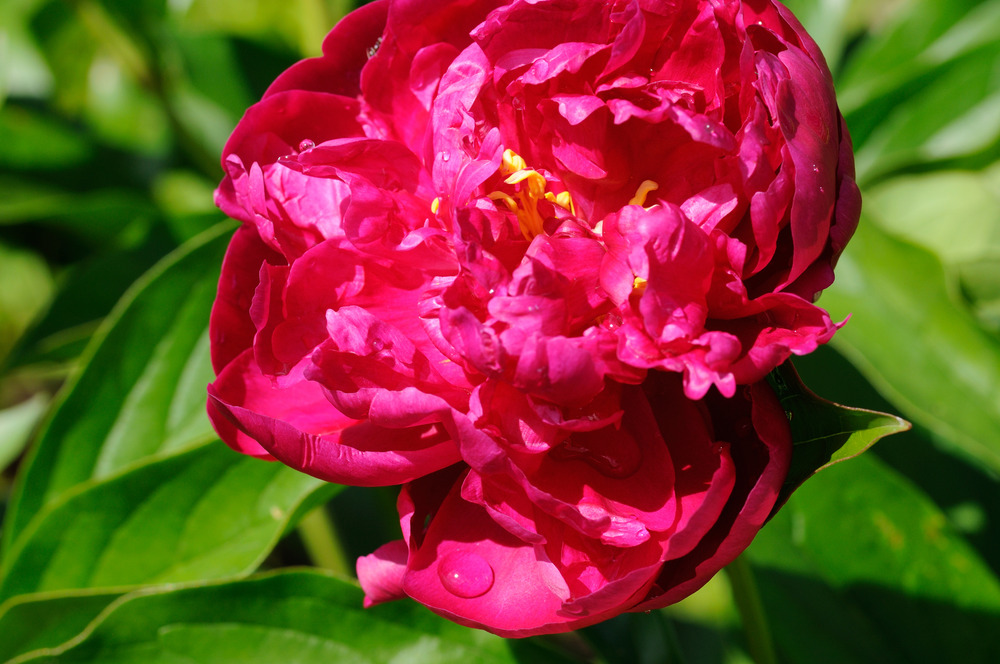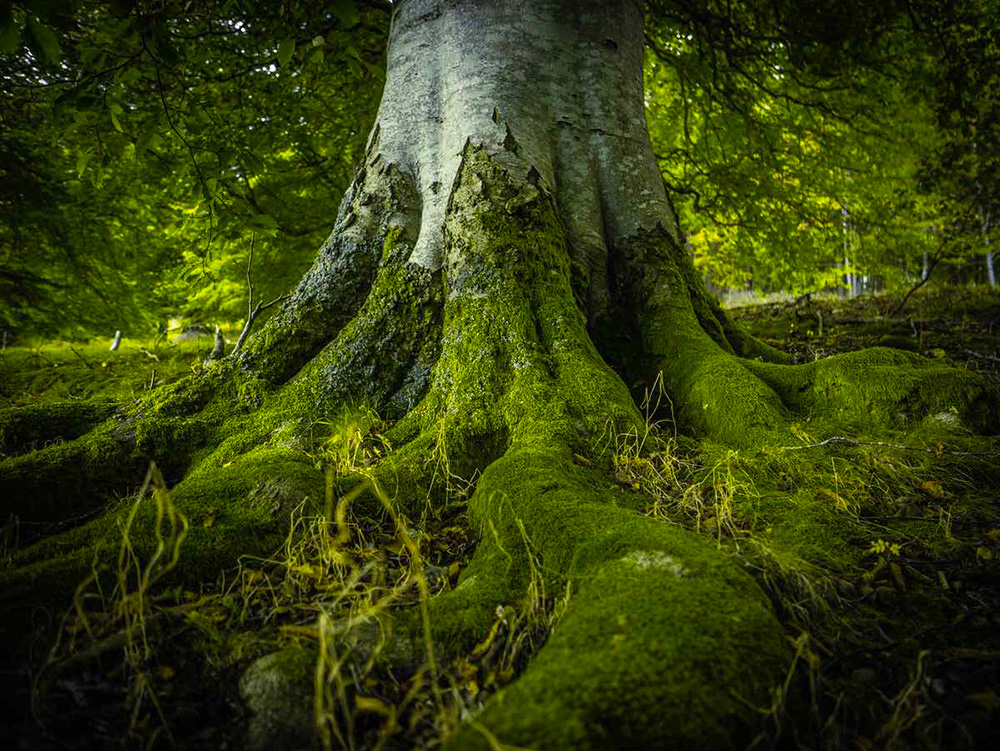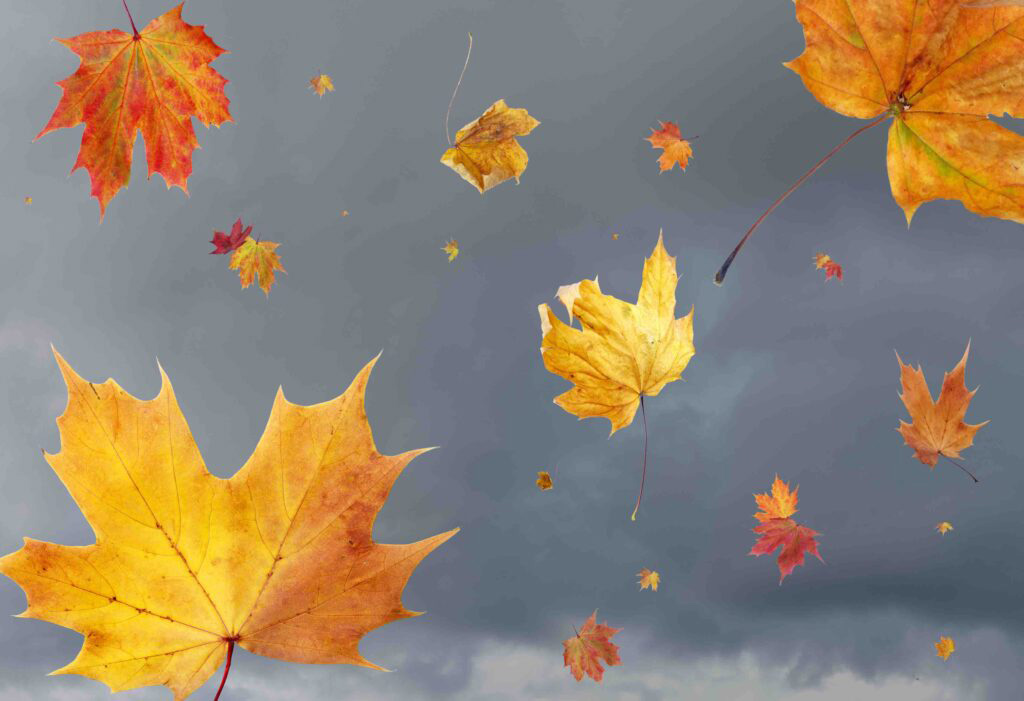Chinese medicine has long had efficacious treatments for warts, a common yet challenging skin condition. This blog post explores the use of herbal soaks highlighting a recent case study and providing valuable insights about the transformative power of herbal remedies in managing stubborn skin issues.
What Are Warts?
Warts are a common and often troublesome skin condition that many people face. Caused by the Human Papillomavirus (HPV), these small, bumpy skin growths can appear anywhere on the body but are most commonly found on hands and feet. They not only cause pain and discomfort but also often resist common treatments, leaving people in a cycle of ineffective therapies and recurrent outbreaks. Conventional treatments may also be painful and damage the skin.
Causes of Warts: The Role of HPV
HPV is a group of related viruses, some of which can lead to the formation of warts. After being infected, the virus it can take weeks or even months for a wart to become visible. HPV is contagious and can be spread through direct contact or indirectly through contaminated surfaces.
Plantar Warts
Plantar warts are located on the bottom of the feet. Plantar warts can be uniquely problematic for a number of reasons:
Pain and Discomfort: Because these warts are located on the bottom of the foot, they frequently experience pressure and can become extremely painful, particularly when walking or standing for extended periods.
Aesthetic Concerns: While not life-threatening, the appearance of plantar warts can cause self-consciousness and embarrassment for some people.
Resistance to Treatment: Plantar warts are notoriously stubborn and often resist common treatments.
Warts in Traditional Chinese Medicine
Traditional Chinese Medicine targets the underlying imbalance causing the disease. For warts this is often heat, toxicity, and dampness. Many of the herbs which remove heat and toxins have been shown to be antiviral as well as boosting immunity.
In clinical treatment I may modify the herbal ingredients based upon the appearance or location of the warts.
Herbal Soaks
Chinese herbal medicine uses soaks for many skin conditions, particularly if they are on the feet. The soak is a combination of many different Chinese herbs that are cooked in water to create a strong decoction. The foot is then soaked for 20-30 minutes in this extracted liquid. According to TCM theory, these herbs have properties such as clearing away heat, detoxifying, promoting blood circulation, and removing blood stasis.
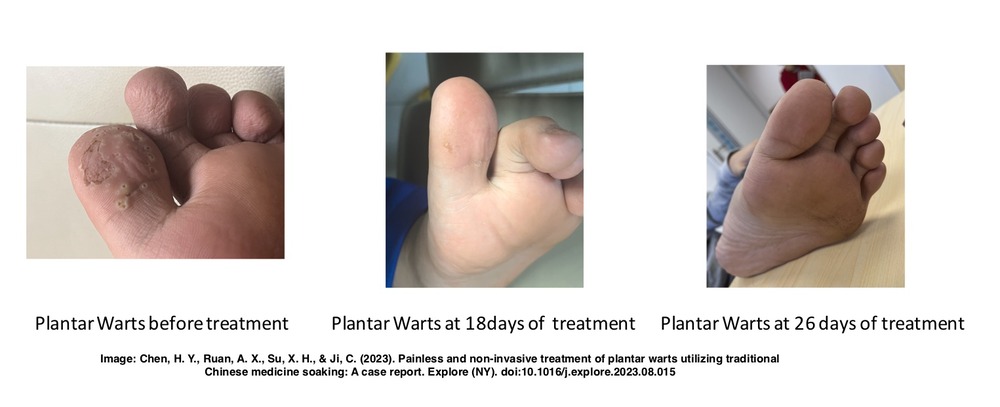
Case Study: A Promising Result
A recently published case study shows the success of herbal soaks in treating plantar warts. The patient is a 22-year-old male who had tried multiple conventional treatments like liquid nitrogen and laser procedures prior to Chinese medicine but stil experienced recurrent warts and significant pain.
He used a TCM herbal soak for 26 days of treatment. At the end of the treatment, his warts were completely gone. Remarkably there was no recurrence after three months and he did not experience any side effects from the herbs.
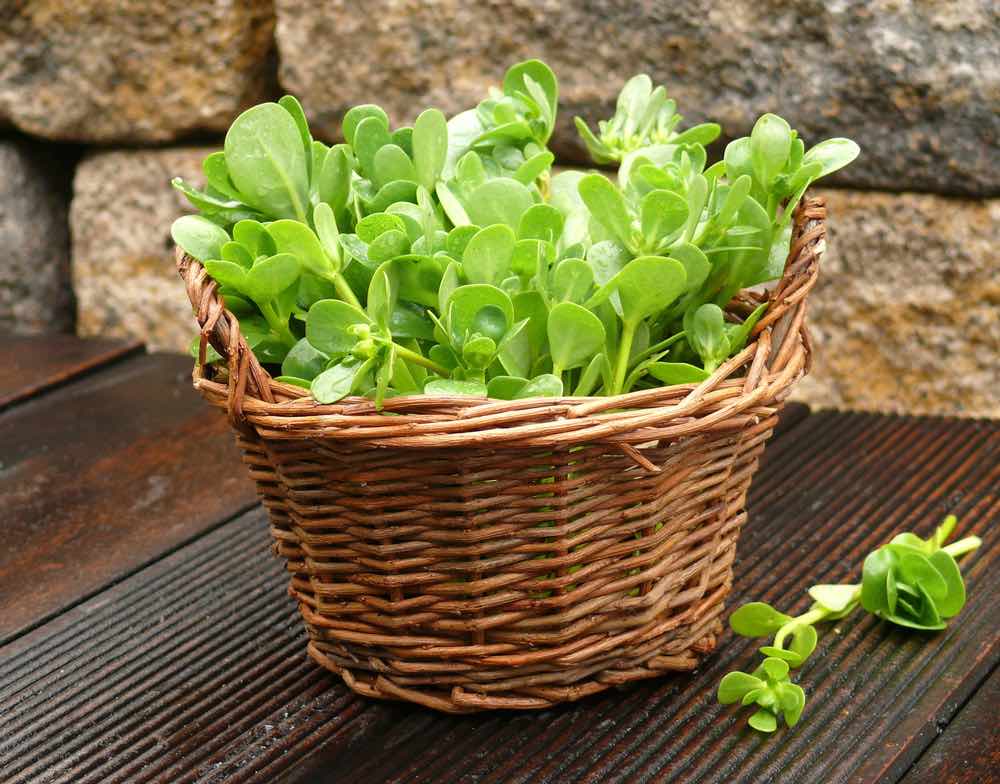
Soaking Herbs
Isatis Root (Ban Lan Gen) is known for its antiviral, antibacterial, and anti-inflammatory properties. It is commonly used in TCM to clear heat and remove toxins from the skin.
Folium Isatidis (Da Qing Ye) is similar to Isatis Root. Da Qing Ye is the leaf of the isatis plant. This is also used to clear heat and detoxify, particularly effective against viral conditions.
Portulaca Oleracea (Ma Chi Xian) has a cooling effect and is often used for its anti-inflammatory and antipruritic (anti-itch) properties. It’s also recognized for its ability to clear heat and resolve toxins.
Herba Patriniae (Bai Jiang Cao) is used to clear heat, reduce inflammation, and eliminate pus. It’s often used for infections and inflammatory conditions.
Lithospermum Erythrorhizon (Zi Cao) is often used for its properties of cooling the blood, promoting circulation, and detoxifying. It’s a common ingredient in treatments for skin conditions, including rashes, eczema, and lesions.
Rhizoma Curcumae (E Zhu) is turmeric root. It is known for its ability to promote blood circulation and dissolve masses or lumps. It’s also recognized for its abilty to reduce pain.
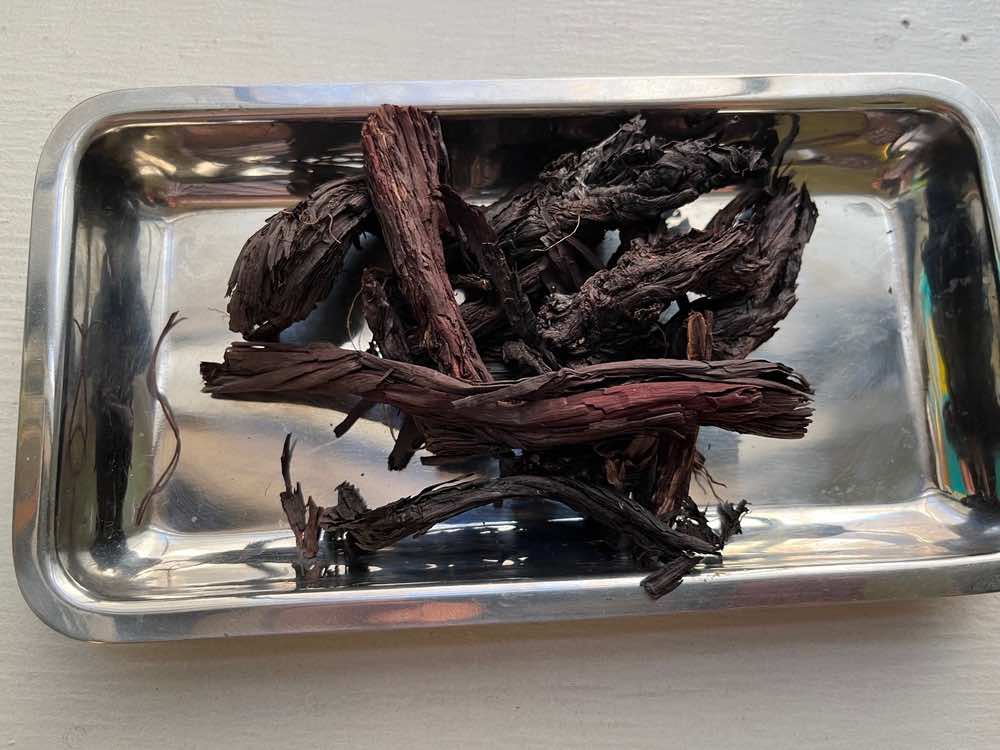
Herbal Preparation:
The herbs were simmered in 1500–2000 ml of water for 20 minutes on a low flame. The patient soaked his feet for 30 minutes when the water temperature drops a comfortable level.
There were no side effects, scarring, or damage to the skin. The challenge for most of us is to find the time to soak out feet for 30 minutes.
Conclusion
The case study illustrates that traditional Chinese medicine soaks could be a non-invasive, painless, and effective treatment for plantar warts. This natural approach to treating plantar warts offers hope for a more comfortable and lasting solution, especially for those who have tried traditional treatments without success. I hope that this case study will inspire more clinical trials and the antiviral mechanisms within Chinese medicine
This article is for educational purposes only and does not serve as medical advice. Always consult a Chinese Medicine Practitioner before taking Chinese herbal medicine.
References:
- Lin, J., Chen, L., Qiu, X., Zhang, N., Guo, Q., Wang, Y., . . . Wang, L. (2017). Traditional Chinese medicine for human papillomavirus (HPV) infections: A systematic review. Biosci Trends, 11(3), 267-273. doi:10.5582/bst.2017.01056
- Chen, H. Y., Ruan, A. X., Su, X. H., & Ji, C. (2023). Painless and non-invasive treatment of plantar warts utilizing traditional Chinese medicine soaking: A case report. Explore (NY). doi:10.1016/j.explore.2023.08.015

